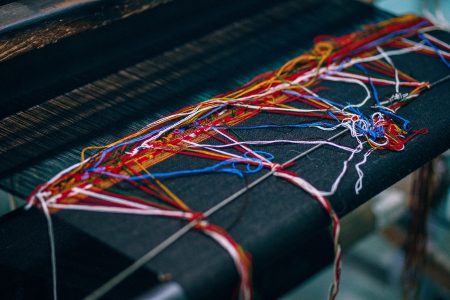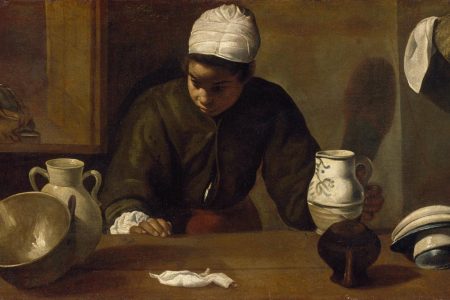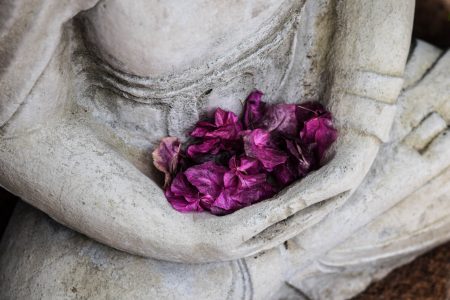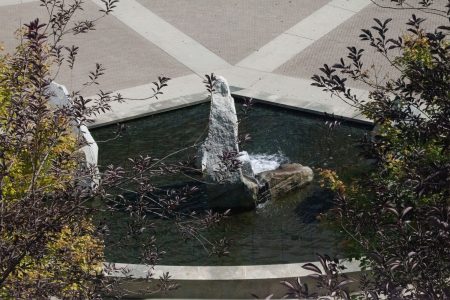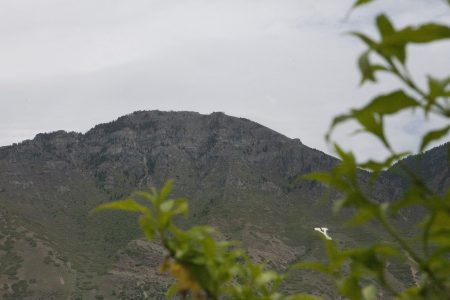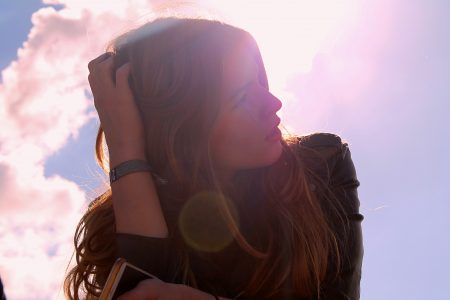On May 2, 2018, my view of life and my role within it was transformed when I received a phone call from the emergency room at Utah Valley Hospital. My 14-year old daughter had been hit by a car. The distracted driver had failed to notice her in the crosswalk. Though he only clipped her …


